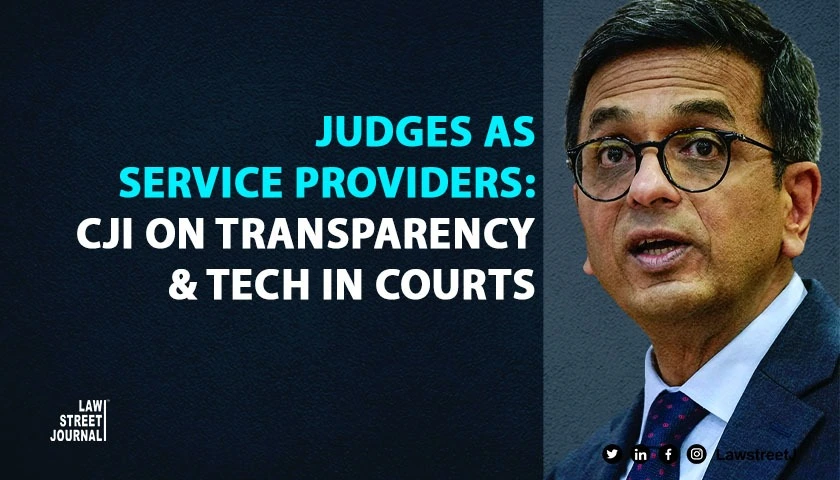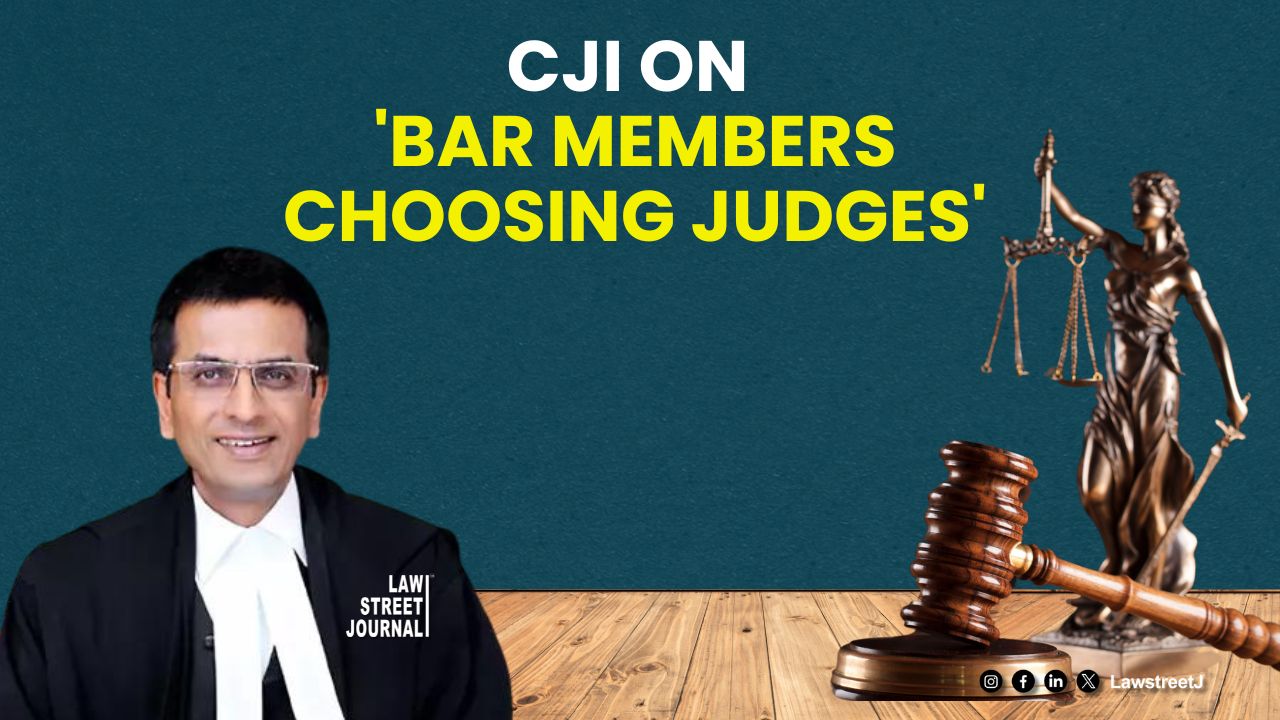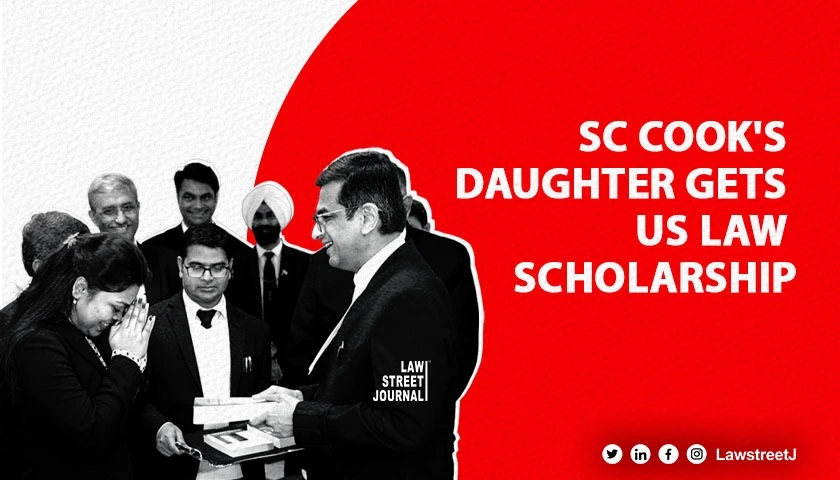NEW DELHI: Chief Justice of India D Y Chandrachud has said judges are neither princes nor sovereigns but service providers and enablers of rights-affirming societies and courts here have come to be reimagined not as imposing empires but as democratic spaces of discourse.
"As judges, we are neither princes nor sovereigns who are above the explainability requirement ourselves. We are service providers, and enablers of rights-affirming societies. The decision itself and the road leading up to it, must be transparent, understandable to everyone with or without a legal education and must be broad enough for everyone to walk alongside," he said.
He was speaking on Tuesday on 'Digital Transformation and the use of technology to enhance judicial efficiency' at the J20 Summit (of heads of Supreme Courts and Constitutional Courts of G20 members) in Brazils Rio de Janeiro.
The CJI said technology is not a one-stop panacea for all social inequalities.
He stressed on sustained deliberative efforts and engagement about the dangers to tackle complicated issues such as AI-profiling and consequent stigmatisation of individuals in large language models, algorithmic bias, misinformation, exposure of sensitive information, and opacity of black box models in AI.
He pointed out even after the Covid-19 pandemic, hybrid hearings continued to be a feature of courts here.
However, digital divide, representational asymmetry between parties to the same dispute, and low-connectivity locations are some of the other bottlenecks that we must tackle, the CJI emphasised.
He said the potential of technology lies in how we convert it to minimise pre-existing inequalities, which are not neatly stacked compartments; they are rather a complex web of interwoven realities.
"Virtual hearings have democratised access to the Supreme Court. It has opened the space for people who could not appear before the court without great difficulty. Persons with physical impairments, pregnant women, persons in their advanced years can now choose to opt to access the courtroom virtually. Over 750,000 cases have been heard over video conferencing," Justice Chandrachud said.
The proceedings of important constitutional cases in the Supreme Court are live-streamed on its YouTube channel - bringing constitutional deliberations to the homes and hearts of all citizens, he said adding the Supreme Court of India today is almost entirely paperless, with digitised and optical character recognition (OCR)- enabled paper-books.
"We believe that sunshine is the best disinfectant, and that correct and accessible information is an antidote to disinformation," he said.
In India, it is quite common for judges to engage with a bar and play the devils advocate, in order to extract their best response. However, this is sometimes mistaken as the opinion of the bench and misleading clips of the proceedings are circulated on the internet. Fortunately, we have a robust network of legal journalists who live-report the proceedings and help dispel disinformation, he added.
There is also live streaming and YouTube recordings of important constitutional cases that provide the complete context, the CJI pointed out.
"Our courts have come to be reimagined not as imposing empires, but as democratic spaces of discourse. Covid-19 pushed the frontiers of our court systems- which were compelled to change overnight. Courts became more than just opaque physical spaces," he said.
"When we speak of judicial efficiency, we must look beyond the efficiency of the judge and think of a holistic judicial process. Efficiency lies not only in outcomes but in these processes- which must ensure free and fair hearing," he added.








!['Unprecedented,' 52,191 cases disposed of by Supreme Court in 2023 [Read Records]](/secure/uploads/2023/12/lj_4127_SC_disposes_of_cases.jpg)
!['Political background may not be sufficient to reject candidature of a HC judge,' Collegium rejects name of CPI(M) sympathiser [Read Recommendation]](/secure/uploads/2024/03/lj_5964_af308b13-978e-4939-9496-6e223b902b9f.webp)







